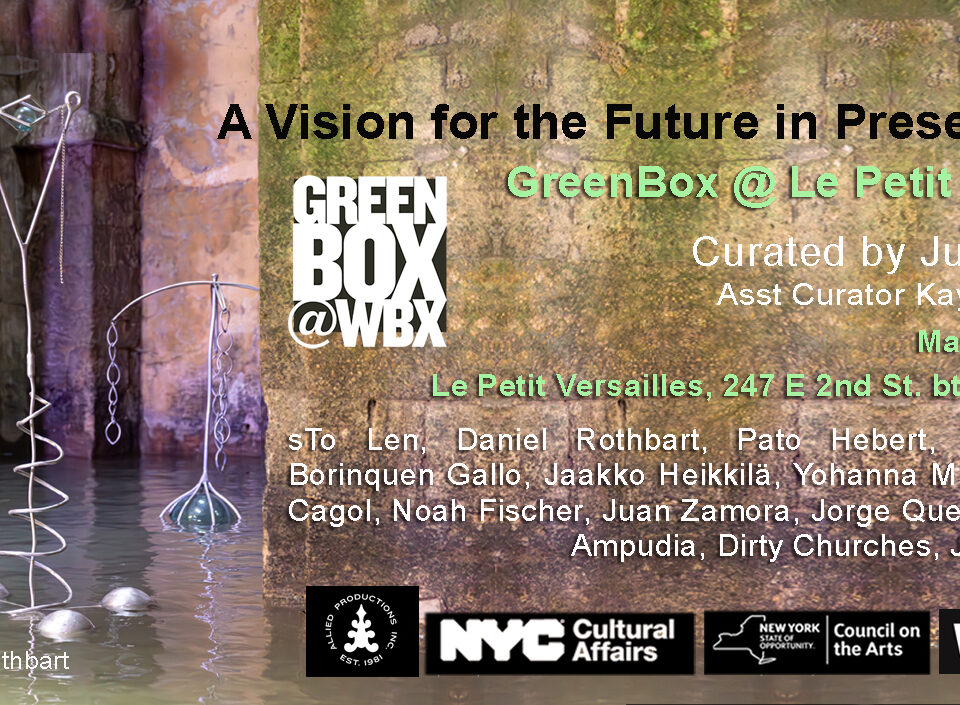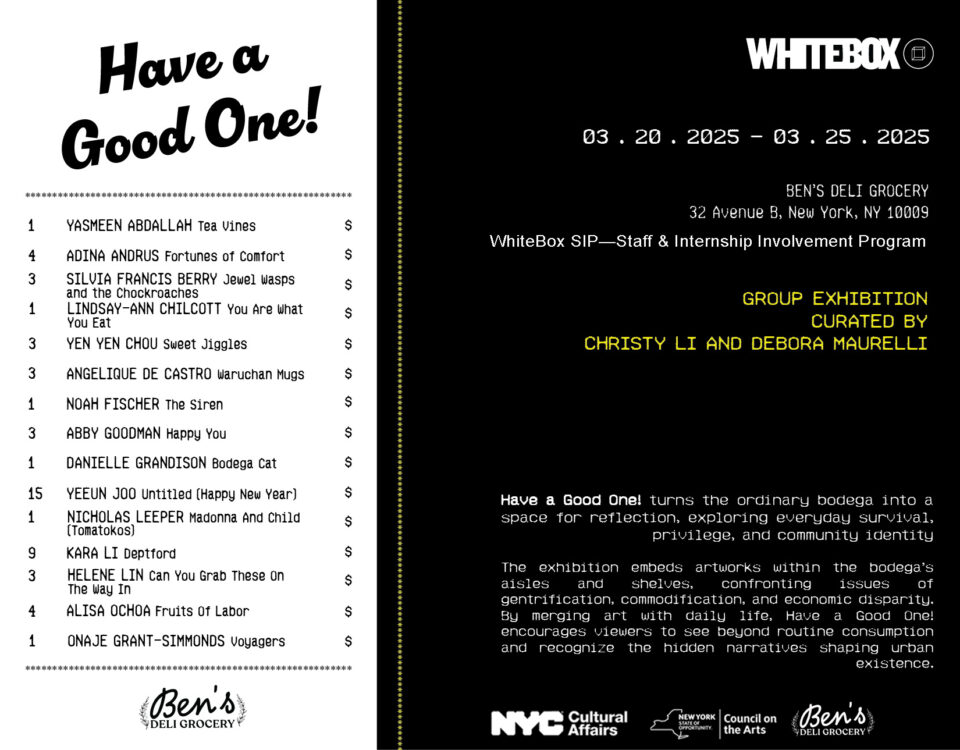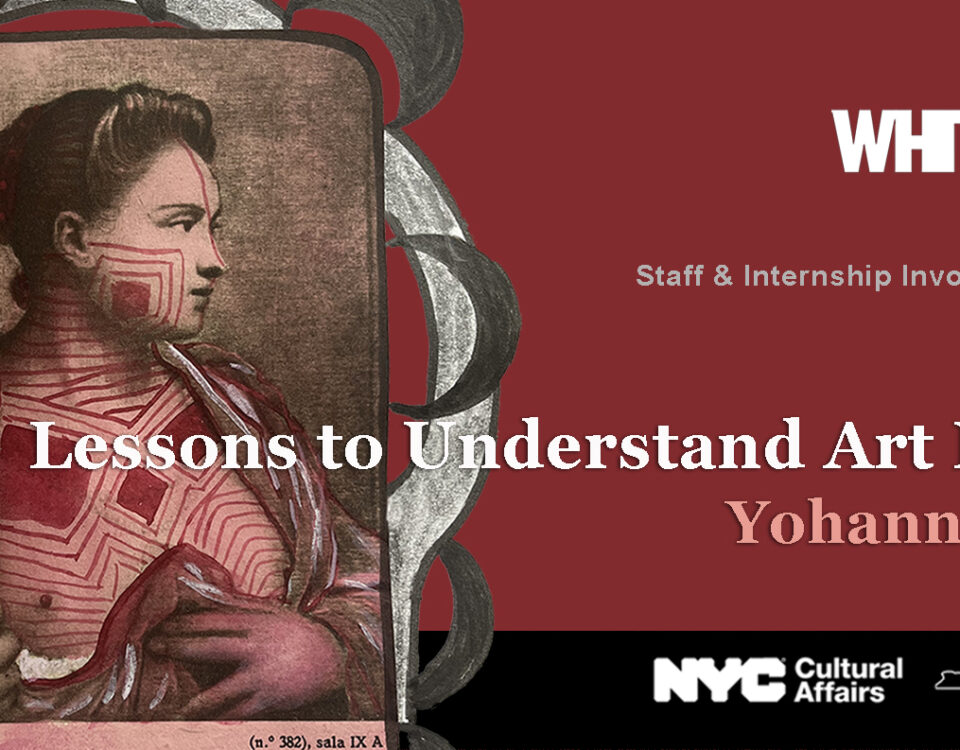Blindfold Art Residency Summer
August 8, 2019
Simsalabim
September 3, 2019Organized by Kyoko Sato and Reiko Tomii
Moderated by Reiko Tomii
September 17, 2019, 7pm
Participants include:
Miwako Tezuka, Co-Director, PoNJA-GenKon, Tsubasa Katō and Michiko Tsuda, artists exhibited at Aichi Triennale, Fumihiko Sumitomo, Director, Art Maebashi / Associate Professor, Tokyo University of the Arts (via Skype), Midori Ozaki and Kate Millet, artists, Tomorrow Girls Troop, Midori Yoshimoto, Associate Professor, New Jersey City University (commentator)
Special video presentation by Tania Bruguera
The Triennale office received some 1,400 complaints about the installation and threats of bringing gasoline cans inside the museum and other various public places and a terrorist fax note. On August 2, in light of these complaints, the mayor of Nagoya, Takashi Kawamura demanded Hideaki Ōmura, the governor of Aichi Prefecture, to remove the installation. Ōmura explained to the press that he discussed the matter with Daisuke Tsuda, the artistic director of the Triennale, and agreed on the closing of After “Freedom of Expression?”. (For the whole roster of this entry, see https://censorship.social/artists/.)
In response, Minouk Lim and Park Chan-kyong of South Korea were the first artists to withdraw their works and issue statements. On August 12, they were joined by curator Pedro Reyes and a group of dissenting artists who also withdrew or modified their works. Together, they sent ARTnews magazine a letter entitled “In Defense of Freedom of Expression.” They include: Tania Bruguera and Reynier Leyva Novo (Cuba), Monica Mayer and Pia Camil (Mexico), Javier Téllez (Venezuela); Regina José Galindo (Guatemala), Claudia Martinez Garay (Peru), Dora Garcia (Spain), and Ugo Rondinone (Switzerland). Separately, Center for Investigative Reporting (USA) also withdrew their works.
On the same day, these and more artists plus artistic director Tsuda, held an open discussion, where Stuart Ringholt stated, “This situation calls for a sanatorium.” On August 25, a group of Triennale artists created a temporary artist-run space Sanatorium on a shopping street nearby, which is one of the Triennale sites.
The first artists scheduled to show are Katō and Tsuda along with Bontarō Dokuyama, with additional works and programs by other artists. To inaugurate the space, an open forum was held to review the closing of After “Freedom of Expression?”, discuss the operations of the space, and explore future actions and reach-outs.
The closing of After “Freedom of Expression?”has become a rallying point among artists and art professionals in Japan, who are not only organizing themselves but generating a socially engaged perspective involving the community and the public.
At WhiteBox Harlem, roundtable participants will reports on the state of affairs and discuss the issues surrounding the contentious relationship between art and politics in Japan. There will be reports and updates from Triennale artist’s (Katō and Tsuda) and a curator of 2013 Aichi Triennale (Sumitomo), both actively engaged in the programs of Sanatorium. Two members of Tomorrow Girls Troop, a feminist art collective, will illuminate the socio-historical contexts of the comfort women as gender equality and human rights issues.
The program is to be web-streamed ‘live’ via WhiteBox Facebook and a video posted following. www.whiteboxny.org
For more information: press@whiteboxny.org
Tax exempt Contributions and Donations accepted at the door or via PayPal http:// whiteboxnyc.org/support-wbx-and-donations/ to help fund this and other urgent public ad-hoc round tables.




